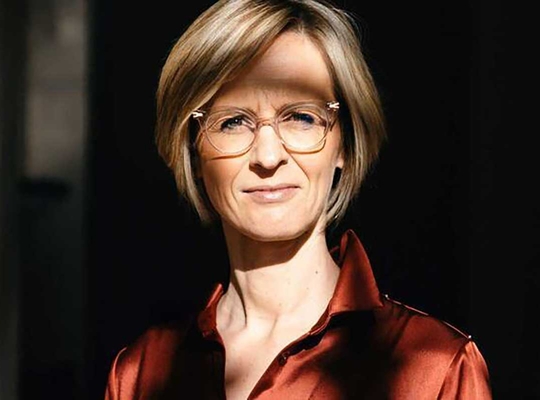You are here
Belgian coronavirus policy finally gets an objective evaluation, although it is still “far too late”

The OECD The Organisation for Economic Cooperation and Development (OECD), established in 1961 as a result of the Marshall Plan, is a cooperation agreement between 34 countries in order to study and coordinate social and economic policy. The member countries try to solve their problems jointly and to mutually align their international policy. The organisation also collects statistical information to make comparative analyses. These OECD analyses are a valuable basis for the N-VA to test policy against itself or even to give shape to it. OECD will evaluate Belgium’s coronavirus policy. That evaluation is welcome, says MP Frieda Gijbels, but it comes far too late. “The N-VA has been asking for a critical evaluation of the approach since the first wave of the coronavirus. And why does this now have to be done through the OECD, and not through an independent committee of our own that is familiar with our complex state structure?” Gijbels wonders.
According to Gijbels, the evaluation has been put off for too long. She refers to numerous other countries where this was done much faster. “Better late than never. But in the case of the De Croo government, we can certainly say it is far too late. It should have had the reflex right from the start of learning from mistakes.”
Unhealthy situation
She also wonders what the role is of the already established Strategic Scientific Committee (SSC), which has the same composition as the GEMS, i.e. the experts who helped steer the crisis policy during the COVID crisis. The N-VA was also critical of this: “An unhealthy situation that would make objective analysis impossible,” Gijbels believes.
Independent assessment
Gijbels continues to strive for an independent assessment of the institutions involved, such as the FPS Health, Sciensano, the national reference lab, and so on. “But so far, I have had little support from the majority parties.”

